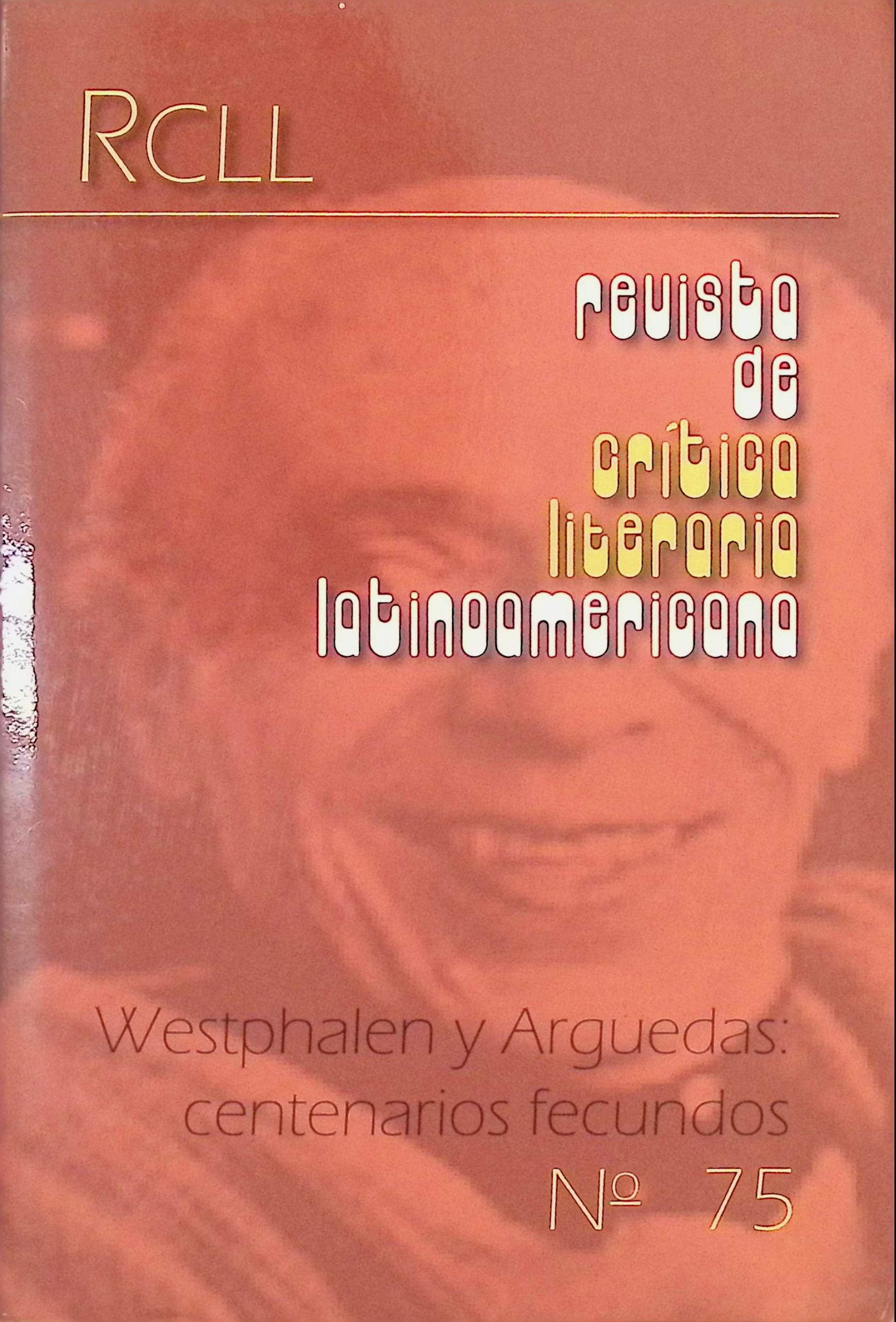The translator's speech by José María Arguedas
Keywords:
posicionality of the translator, translating metadiscourse, /translatingto do/, /translative-to know/, /translative-to know to do/, degree zero of translation, subalternity, translation and conflictAbstract
José María Arguedas’ translations are more than merely testimonies of his constant effort to work as a cultural mediator; they establish the translator’s ethical positionality as he resolves not only linguistic but also cultural conflicts between Quechua and Spanish. The objective of this article is to ascertain Arguedas’ positionality as a translator by analyzing semiotically his metadiscourse on translation in Canto kechwa (1939), “Dos cuentos quechuas” (1947), Tupac Amaru Kamaq Taytanchisman (1962) and in Dioses y hombres de Huarochirí (1966).





